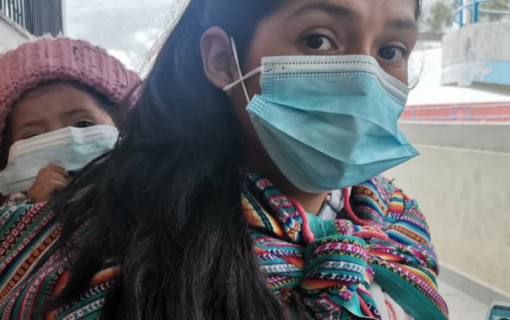Focus on Lebanon | Social Attitudes Toward Women Topic Brief
SOCIAL ATTITUDES TOWARD WOMEN
Before conducting the SWMENA survey, we designed a short survey that was completed by selected NGOs in Lebanon which work on several aspects of women’s issues. One of the main challenges identified by these groups has been the stereotypical view of women’s image in Lebanon in terms of their role in family and society. Consequently, we introduced a series of questions in the SWMENA survey to gauge social attitudes toward women. To get a sense of these attitudes, we asked questions such as support for women in politics, support for daughters in politics, allowing women to work outside the home, support/opposition for women involved in decision-making positions, and others. These questions give a sense of mentalities between groups in society such as between genders and between women of different sects, education levels, and age groups.
Opinions on Women’s Involvement in Politics & Decision-Making Positions
Survey data suggests that there is a high level of support for women becoming involved in politics as candidates for office. Figure 1 shows that while a majority of men and women support women as political candidates, women are more likely than men to strongly/somewhat support women in politics (86% and 77% respectively). Figure 2 shows that women across sects support women’s involvement in politics; however, Christian women are slightly more likely to support women as political candidates than Sunni women (89% and 81% respectively). Interestingly, women 45 to 54 are more likely to strongly/somewhat support women in politics (89%) than younger women aged 18 to 24 (86%), aged 25 to 34 (84%), and aged 35 to 44 (84%). There is widespread support amongst women across all age groups, however, the variation in age groups could be attributed to the fact that the 25 to 44 age group in Lebanon generally correspond to the time of increased family responsibility, including marriage and raising children. The fact that many of them are at this family stage of their life could explain why women in these age groups are less enthusiastic about the participation of women in politics.









